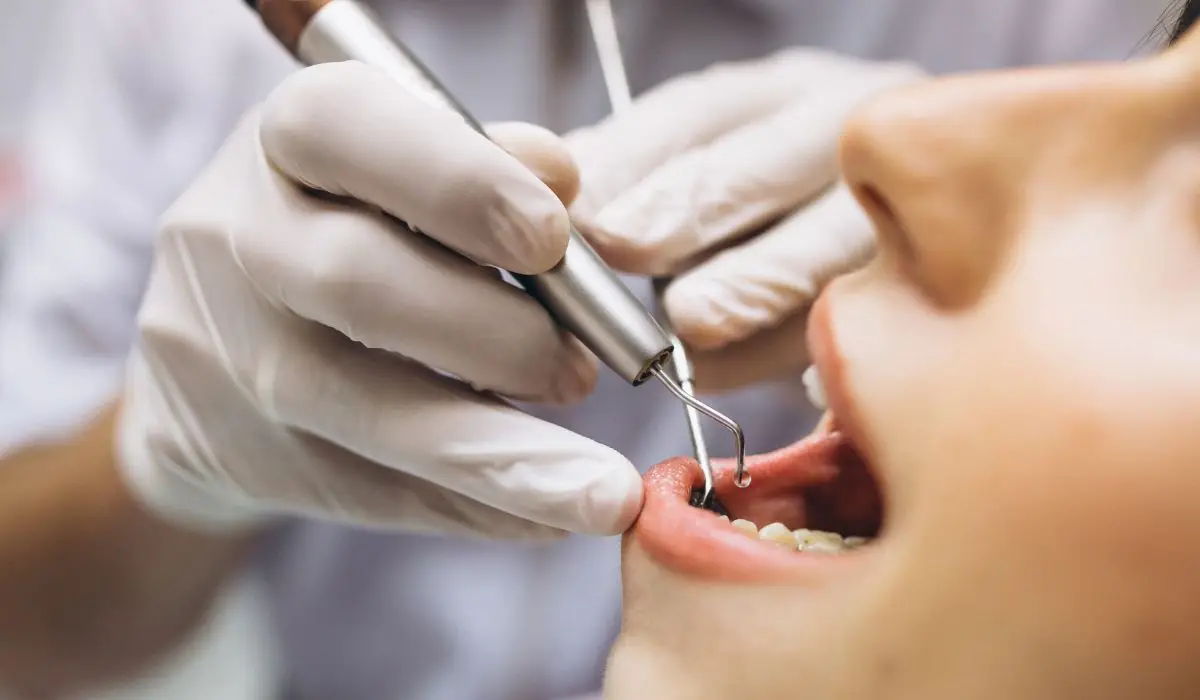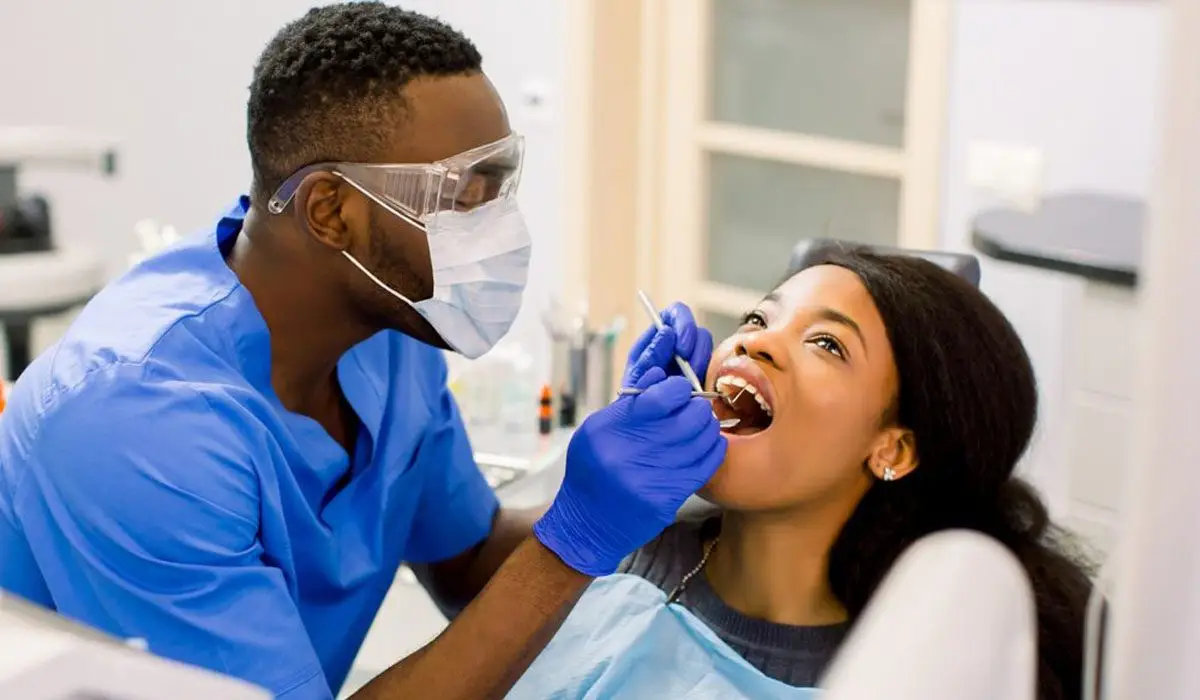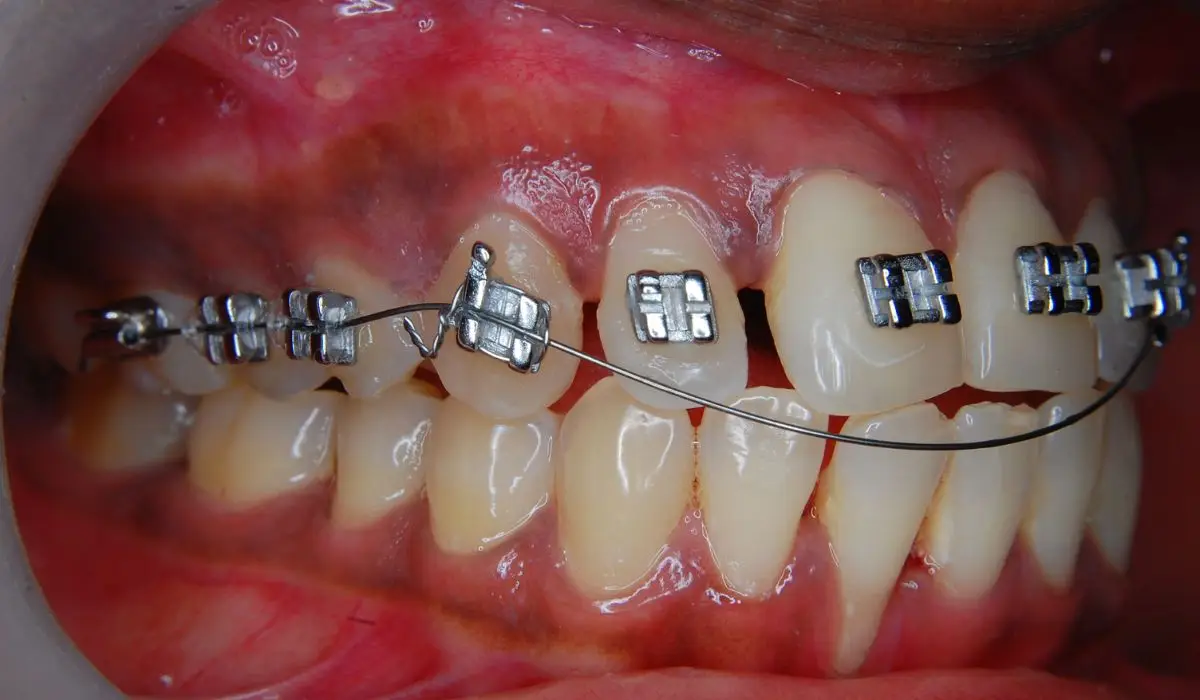
A dental emergency can happen if a tooth is broken, lost, or knocked out. When things aren’t taken care of, they can lead to problems like tooth decay and gum disease in the long run. Schaumburg Dentistry has a full plan for emergency services, and part of that plan is to act quickly. Call (847) 985-8100 to set up an appointment so you can get back to normal as soon as you can.
We’re proud that we can help people with a wide range of dental needs and specialties, from emergencies to regular cleanings. Our team is proud to have helped many patients in their time of need, and we have testimonials to show it.
Dental emergency cases are usually cracked teeth, broken fillings, infections, tooth pain, and sore jaw muscle. These are the cases that need immediate dental care. If you are experiencing any of these consistently, it is time to visit a doctor. Do not hesitate whether to go or not before the case could get worse.
Ignoring dental emergencies may cause permanent dental problems. We do not want that to happen. This is why it should be taken care of right away. Consider going to the dentist while the pain is still not extreme, this may cause you less money to spend too.
Many dental emergencies can be taken care of at home. But there are times when you should see a dentist or gum specialist right away. The most common dental emergencies are as follows:
A common emergency dental problem is severe tooth pain. If it is a minor toothache, it is most likely caused by temporary gum irritation. But this is not the case for everyone. There are serious toothaches that need an urgent appointment with a dentist. Toothaches are usually from dental caries. It is a bacterial disease that removes minerals from our teeth. It is most likely an infection if your pain is linked with fewer and swollen gums around the aching tooth.
In some cases, toothaches would not go away even by using painkillers. Some need to have their tooth canal and drain opened. If a cavity is causing your tooth pain, your dentist will have to fill the cavity or may take the tooth out if necessary. If you are experiencing fever or jaw swelling, your dentist may prescribe an antibiotic.

Broken fillings can hurt, so you should go to the dentist right away. If there is a problem with a tooth that is showing, it usually hurts. It could be very sensitive to pressure, air, or hot and cold temperatures, which would hurt it badly.
Don’t suffer through the pain; call your dentist as soon as possible. If a filling is loose, food and saliva can get between it and the tooth. This could lead to cavities. When a filling wears out, it can lead to more tooth decay and infection of the dental pulp. The nerves and blood supply of the tooth are in the pulp. If the pulp of your tooth gets infected, you may need to have a root canal. In other cases, it is possible to lose a tooth.
Before going to the dentist, you can put dental cement directly on the tooth. Using dental cement will help protect the infected area even more. Dentists clean out the decay between old fillings and put in new ones. If you see a lot of decay, your dentist may recommend getting a dental crown.
Most of us may not realize this, but jaw pain or experiencing pain while chewing is a form of a dental emergency. There are cases of jaw pain that are temporary. But, in some cases, this may signify a serious dental problem.
One way to relieve this pain is to apply a cold compress against the outside of your cheek. Yet, remember to visit your dentist right away for extra care. This is to make sure that the pain you are experiencing will not cause any extreme tooth problems later on. Jaw pains are usually caused by TMJ, which affects the jaw points. Some causes of TMJ are improper biting, teeth grinding or clenching, and even trauma.
This is yet another problem with your teeth that must be fixed immediately. A lot of blood is being lost in this situation. It is recommended to put gauze on the spot that is bleeding. Put a clean handkerchief between the teeth if the bleeding is too much. After that, press on the place that is bleeding. You should also put a cold pack on your cheek to stop your mouth or jaw from swelling.
Broken teeth can be useful, so don’t throw them away. You can run water over it without taking off any of the tissue. After that, call your dentist for asap dental care. You won’t be able to replace the tooth on your own very easily. This is why you need to see a dentist right away. Because dentists are skilled, they can put your tooth back together immediately. If your tooth doesn’t hurt, try putting it back in its socket before going to the dentist.
People with painful gums might not know they have a dental emergency. They might think that it’s just a toothache or something else. But it is a sign that there is something wrong with the teeth. If your gums hurt a lot, you should see your dentist as soon as possible to find out what’s wrong and how to fix it.
Most of the time, bad gum pain is caused by an infection in the gums or teeth. A toothache can also cause this kind of pain. Infections, on the other hand, are worse and last longer than toothaches.
If your gums hurt a lot and the pain doesn’t go away after two weeks. You should go to the dentist immediately because this could be a sign of periodontitis, also called gum disease. It can cause serious health problems if it isn’t treated.
You should be careful when chewing if you have false teeth or crowns. If you accidentally break a tooth, you should go to the dentist immediately to get it fixed. If it broke off at the gum line, they might be able to glue it back in place. But if the tooth broke farther back in your mouth, you might need an implant or some other restoration to fix it.

Your dentist can use superglue to fix a broken bracket at home. But they won’t be able to fix it if the broken bracket is attached to the tooth next to it, and superglue can’t be used to reattach it. The broken tooth and any other teeth it hurt must be taken out. So they can make new brackets out of them and put them on the right way. They will also have to figure out if this happened because of an injury or if the braces weren’t put on right at first. If it’s the second one, your braces might need to be changed. So they fit your mouth better and stop you from having more problems.
Sometimes, a stronger metal or ceramic bracket can be used to replace a broken one. Your orthodontist has to take care to put the bracket in the right place and ensure it stays there. Before fixing the broken bracket, the orthodontist will check to see if it was caused by something else wrong with your teeth or braces.
Remember that it will take time and work to fix broken braces. You can stop more damage from happening if you go to your appointments and take care of your braces. It also ensures that your smile will look great when you’re done. If you take care of your teeth, you should have a nice, straight smile for a long time.
Wisdom teeth are the last ones to come in, and they usually do so around age 18. If they aren’t taken out because they don’t get in on their own or because of an impact. There might be trouble. When your wisdom teeth get stuck, they can hurt and cause swelling in your cheeks and under your chin. It can also make you more likely to get an infection in your mouth.
If you brush your teeth twice a day, this won’t happen. Always remember to floss daily and check your teeth regularly throughout your life.
If you have an impacted wisdom tooth that hurts or bothers you but hasn’t come out yet, you should see a dentist so it can come out. Talk to a dentist right away about how to treat it.
Aphthous stomatitis is the medical term for mouth ulcers that keep coming back (canker sores). Even though they aren’t usually serious, they can be very painful and make you look bad. Most of the time, they heal in three weeks, but they can come back more than once a year. If you get ulcers often or if they make it hard for you to eat, drink, or talk, you should see a dentist.
If you want to avoid an emergency dental visit, seek a dentist who offers urgent care. Knowing which dental problems can wait and which need to be seen right away. We hope this list helps, but if you have pain or other symptoms, please contact us immediately. Schaumburg Dentistry is there for both short-term and long-term dental health needs.
We offer comprehensive dental services that fit your needs and wants as a patient. We are very much open to listening to your ideas. Our clinic has a welcoming and caring environment for you and your whole family. We always aim to provide good dental health to all our patients. Call us at (847) 985-8100 to set up an appointment if you are looking for the best immediate dental care for treating different kinds of dental emergencies.
Cold therapy is especially effective when swollen gums or an injury causes pain. A cold compress or ice pack can help relieve pain. The person can rotate the ice pack or cold object on and off on the outside of their cheek by their painful tooth for a few minutes at a time.
Allowing an infection to spread to your facial bones may require surgical removal to stop it. Even in minor cases, a tooth infection can weaken the bone structures in your jaw, making it difficult to support your teeth.
Sleep with your head elevated – Prop up a few pillows to keep blood flow from rushing to your head and exacerbating your tooth pain. Apply a cold compress – A cold compress (or an ice pack wrapped in a towel) can reduce inflammation and numb the area.
If you are in excruciating pain or have uncontrollable bleeding and your dentist’s office is closed, you should go to the emergency room. If you are not in excruciating pain, it is recommended that you contact your dentist and explain the situation.
Abscesses can form in as little as one or two days after the first signs of infection. They can progress undetected and thus untreated for months or even years.
Lasting more than a day or two. Also, when you open your mouth wide, you may experience a fever, earache, or pain.
If you begin to experience sharp, stabbing pains, this could indicate a cavity or infection in your mouth. If the condition of your teeth and gums is not treated, it can deteriorate and lead to gum disease or tooth loss. To avoid this, contact your dentist as soon as you notice any symptoms.